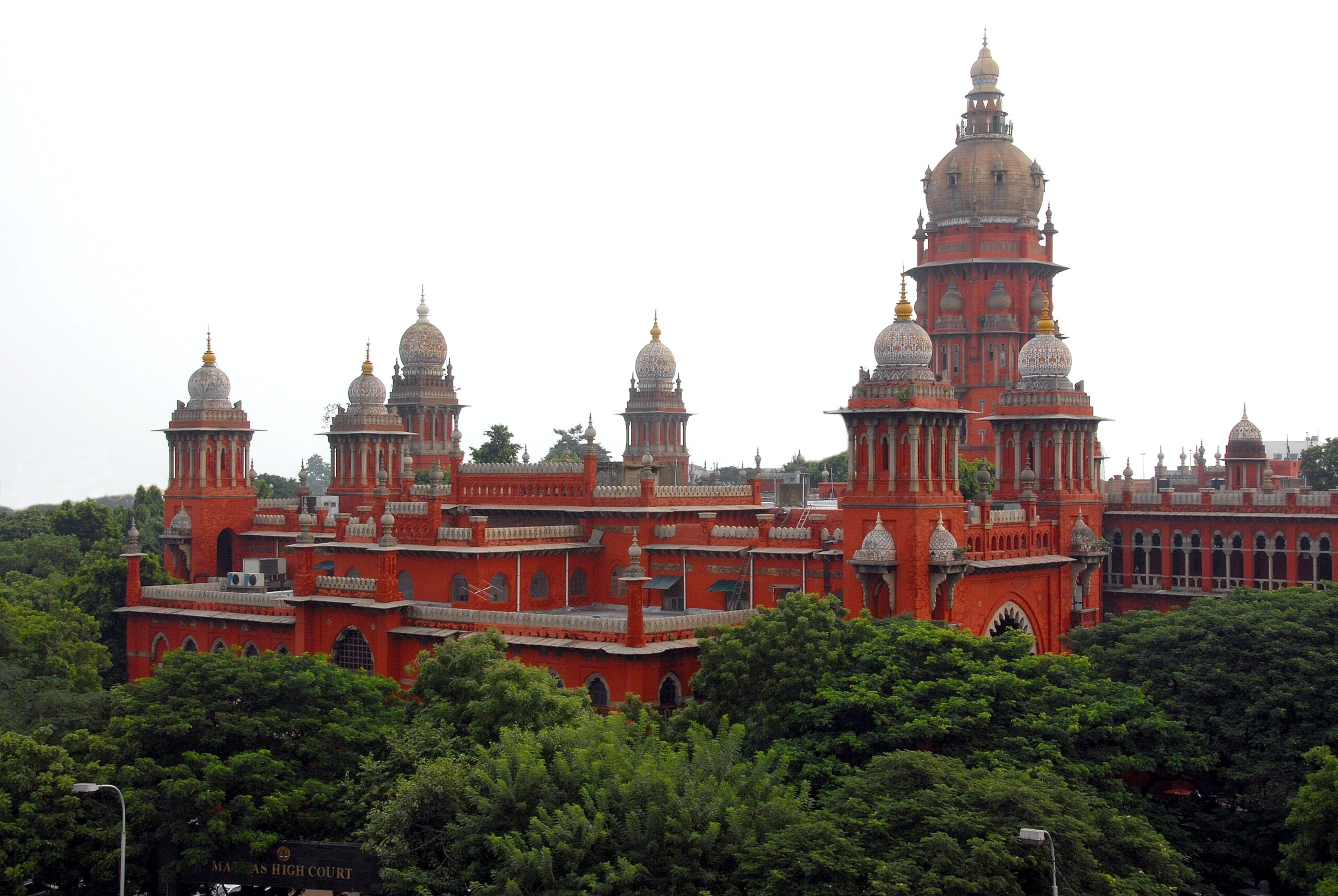Concerns are widespread regarding how stakeholders in the criminal justice system will adjust to the new criminal laws. Some express the opinion that these changes may further contribute to the existing burden on our courts.
The Parliament of India recently passed three new criminal law statutes, intending to replace the Indian Penal Code (IPC), the Code of Criminal Procedure (CrPC), and the Indian Evidence Act. This move has generated uncertainty, prompting legal practitioners to raise questions about the transition and its impact on existing criminal cases.
Supreme Court lawyer Vikram Hegde highlighted the confusion arising from objections by the Karnataka High Court Registry regarding petitions not aligning with the new laws. Hegde emphasized that these laws were not yet in force and urged the Central government to issue a press release for clarification.
The new laws—Bharatiya Nyaya Sanhita, Bharatiya Nagarik Suraksha Sanhita, and Bharatiya Sakshya Adhiniyam—received the President’s assent on December 25 and were notified in the Official Gazette on the same date. However, their implementation is pending, awaiting a notification by the Central Government.
Union Home Minister Amit Shah assured the readiness of the infrastructural and technical framework to implement these laws in all union territories by December 24, 2024. Despite this, a lack of clarity exists regarding when the new laws will come into effect. This uncertainty raises questions about how the police machinery and the criminal justice system, currently operating under the old laws, will respond to this overhaul.
Former Law Secretary PK Malhotra expressed surprise at the Karnataka High Court Registry’s mistake, emphasizing that the Act becomes law upon receiving the President’s assent but requires notification by the Central government for implementation.
Malhotra highlighted the necessity for those involved, including police personnel, trial court judges, lawyers, and the higher judiciary, to prepare for the future. He acknowledged the ambitious nature of the new provisions and emphasized the need for infrastructure, logistical support, and education within the legal fraternity for successful implementation.
Criminal lawyer Manoj Taneja and Senior Advocate Sidharth Luthra echoed concerns about the complexity of implementing the new laws. Taneja noted that the complete overhaul and language change would pose a Herculean task, requiring extensive study and understanding by legal professionals. Luthra added that the new statutes would likely increase the existing backlog of cases before trial courts.
The introduction of these new laws is considered a significant departure from the colonial era, but challenges lie ahead in how stakeholders in the criminal justice system will adapt to these changes.



